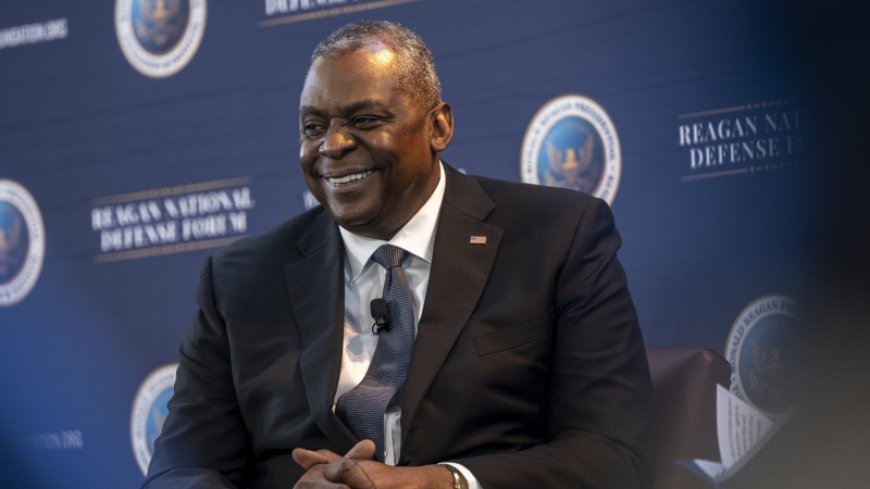US-Sweden Defense Pact Stirs Debate Over Military and Nuclear Presence

In a move set to intensify the military dynamics in Europe, the United States has gained the right to deploy military forces, including nuclear weapons, in Sweden. This development comes as a result of a newly ratified defense treaty between Stockholm and Washington, marking a significant step in Sweden's recent NATO membership.
The treaty, signed last December by US Defense Secretary Lloyd Austin and his Swedish counterpart, Paul Johnson, was recently ratified by the Swedish Parliament, enabling the Pentagon to station troops, armor, aircraft, and fighter jets across 17 military bases and training camps in Sweden. This unrestricted military access underscores a deepening military alliance aimed at countering potential threats in the region, particularly from Russia.
However, the agreement has sparked considerable controversy within Sweden. Opposition from leftist and green political factions highlights a significant concern: the potential presence of US nuclear weapons on Swedish soil. Critics argue that the treaty lacks explicit prohibitions against nuclear arms, raising alarms about the future of Sweden's nuclear-free stance.
Emma Berginger, a member of the Green Party, voiced strong opposition in the Swedish Parliament, stating, "This agreement does not close the door to nuclear weapons. We demand the approval of a law that will prohibit the entry of nuclear weapons into Swedish territory." Her statement reflects a broader unease among Swedes who fear that this defense pact could escalate regional tensions and compromise Sweden's long-standing commitment to a nuclear-free policy.
Despite these concerns, proponents of the treaty argue that it enhances Sweden's security framework, providing a robust deterrent against potential aggression and ensuring a stronger alignment with NATO's strategic objectives. Defense Minister Paul Johnson emphasized that the agreement enhances interoperability and strengthens collective defense mechanisms within the alliance.
The debate over this treaty mirrors broader geopolitical shifts and strategic recalibrations in Europe. As tensions with Russia remain high, NATO members are increasingly bolstering their defense postures, seeking to present a united front against perceived threats. For Sweden, this treaty represents both an opportunity to solidify its NATO membership and a challenge in balancing national security interests with public sentiment and nuclear policy concerns.
This landmark defense agreement underscores the complex interplay of military strategy, international alliances, and domestic politics. As Sweden navigates its new role within NATO, the implications of this treaty will likely reverberate across Europe, influencing defense policies and regional stability in the years to come.













































